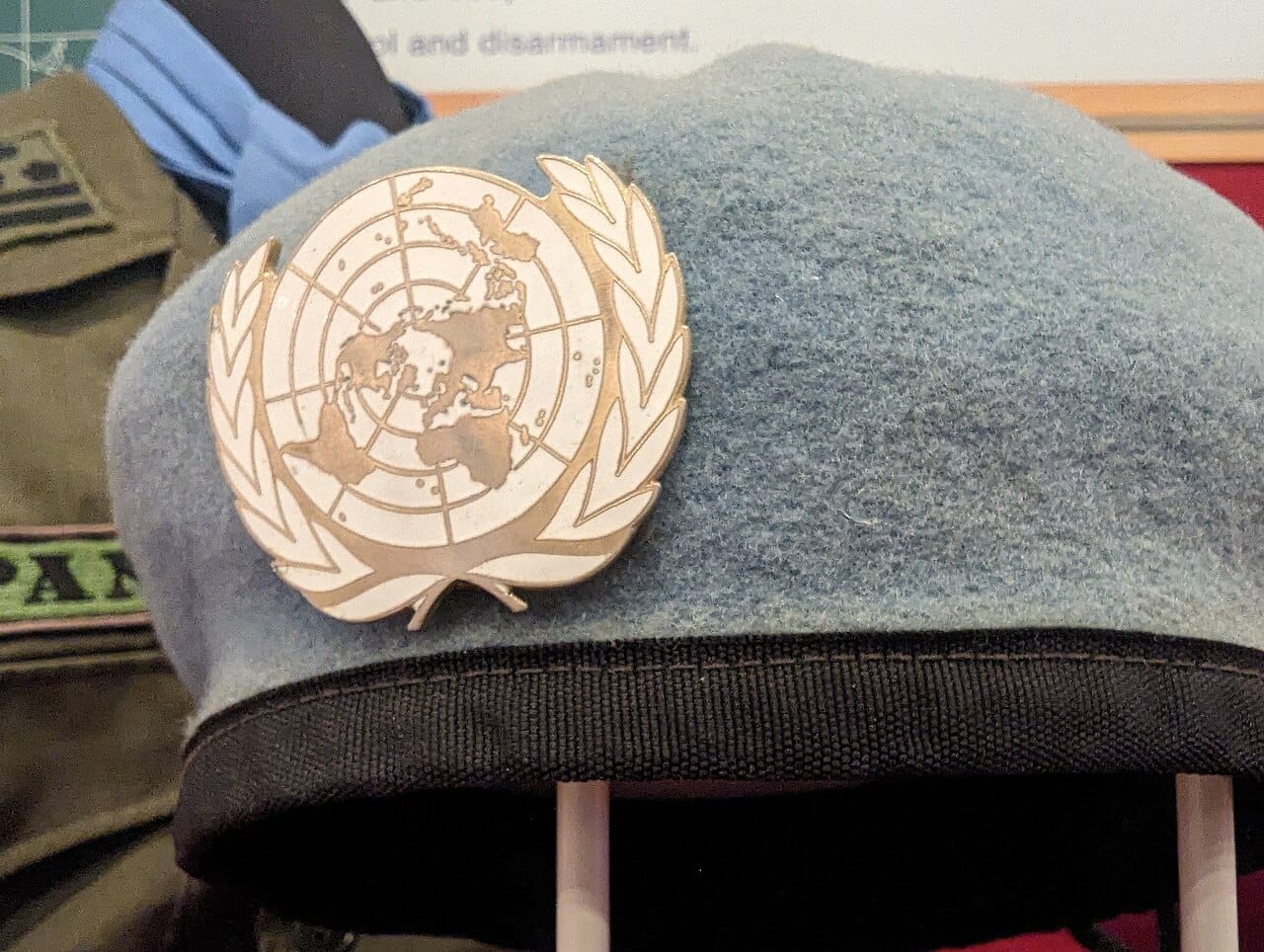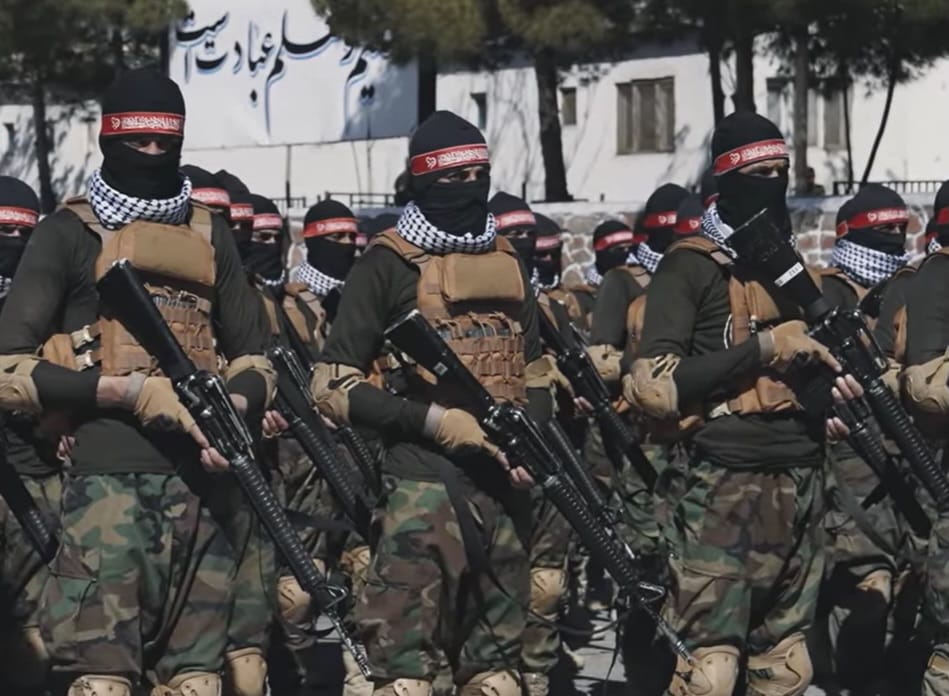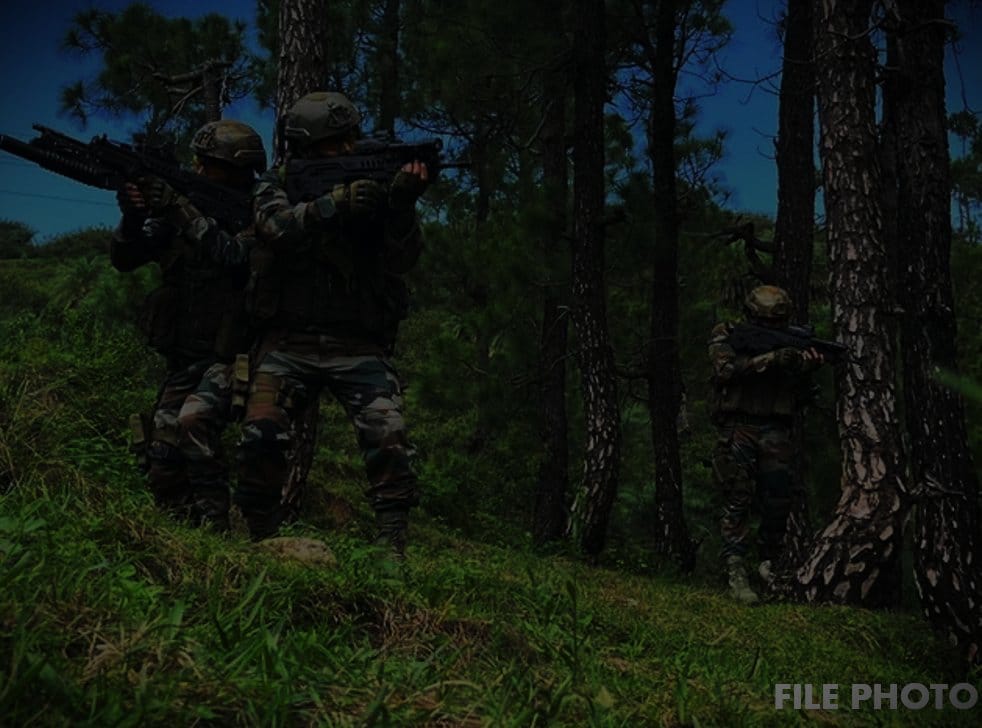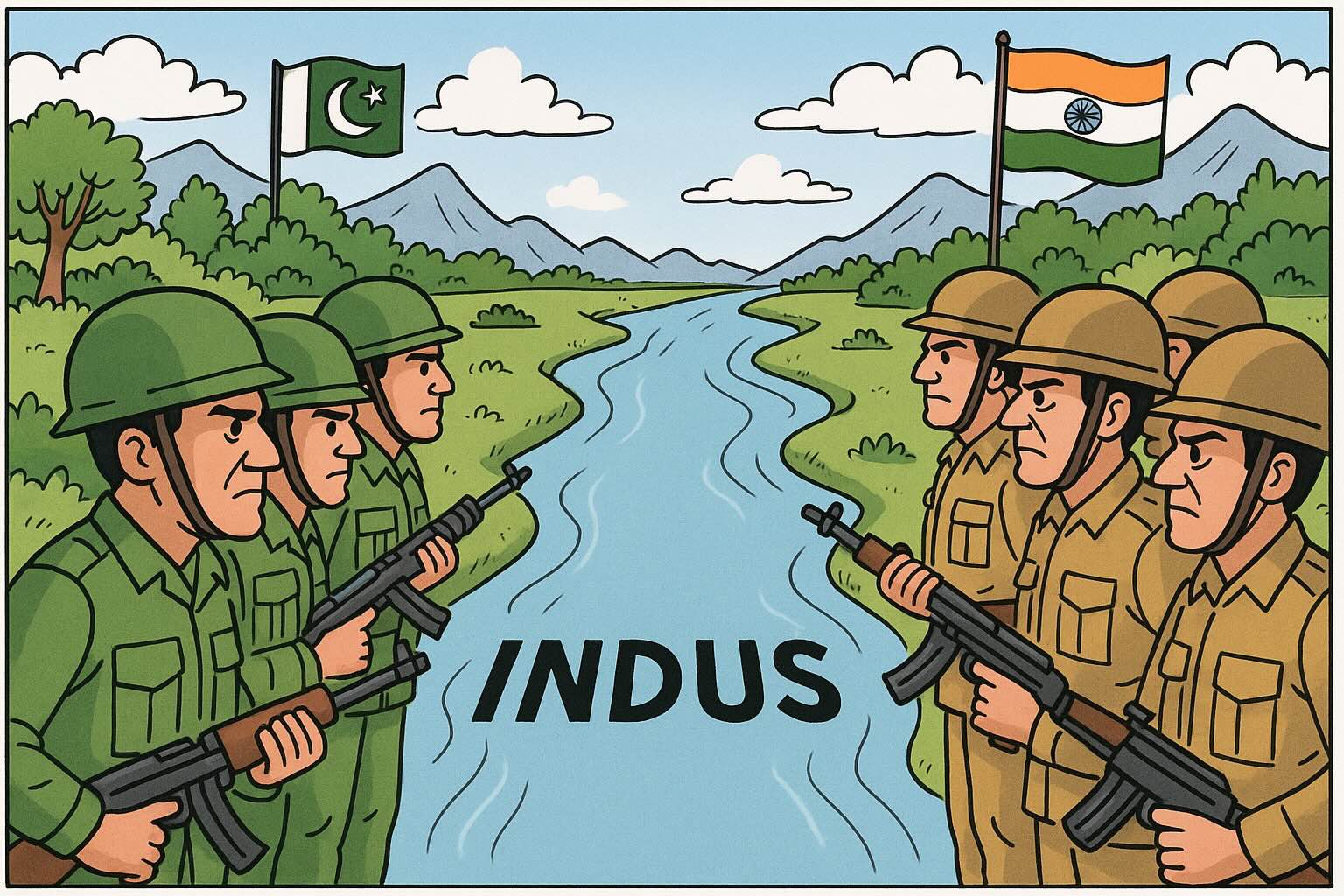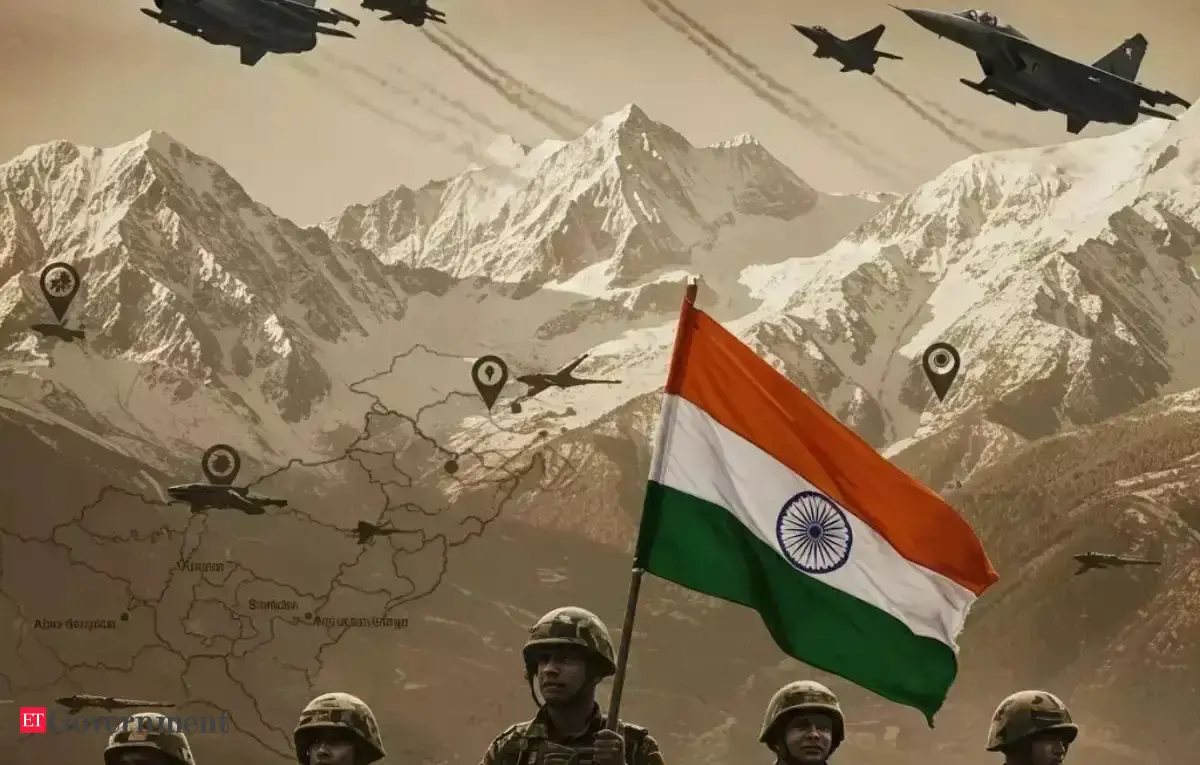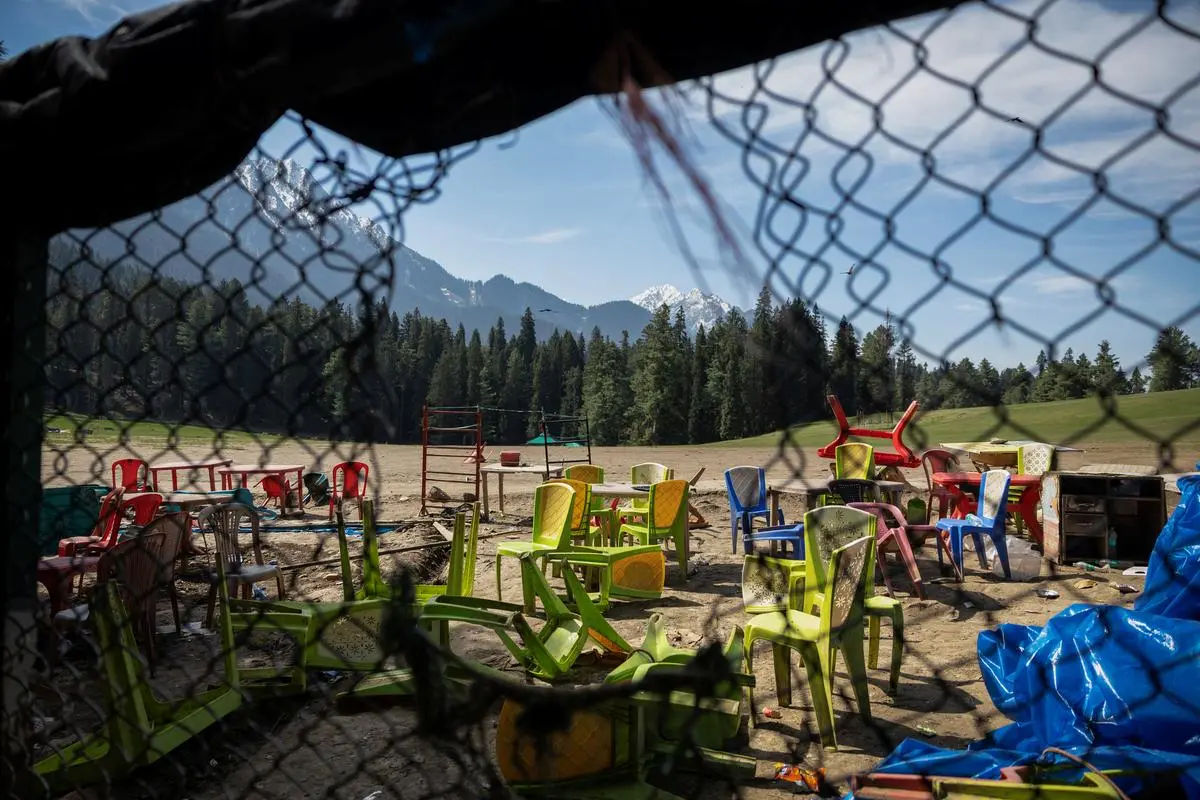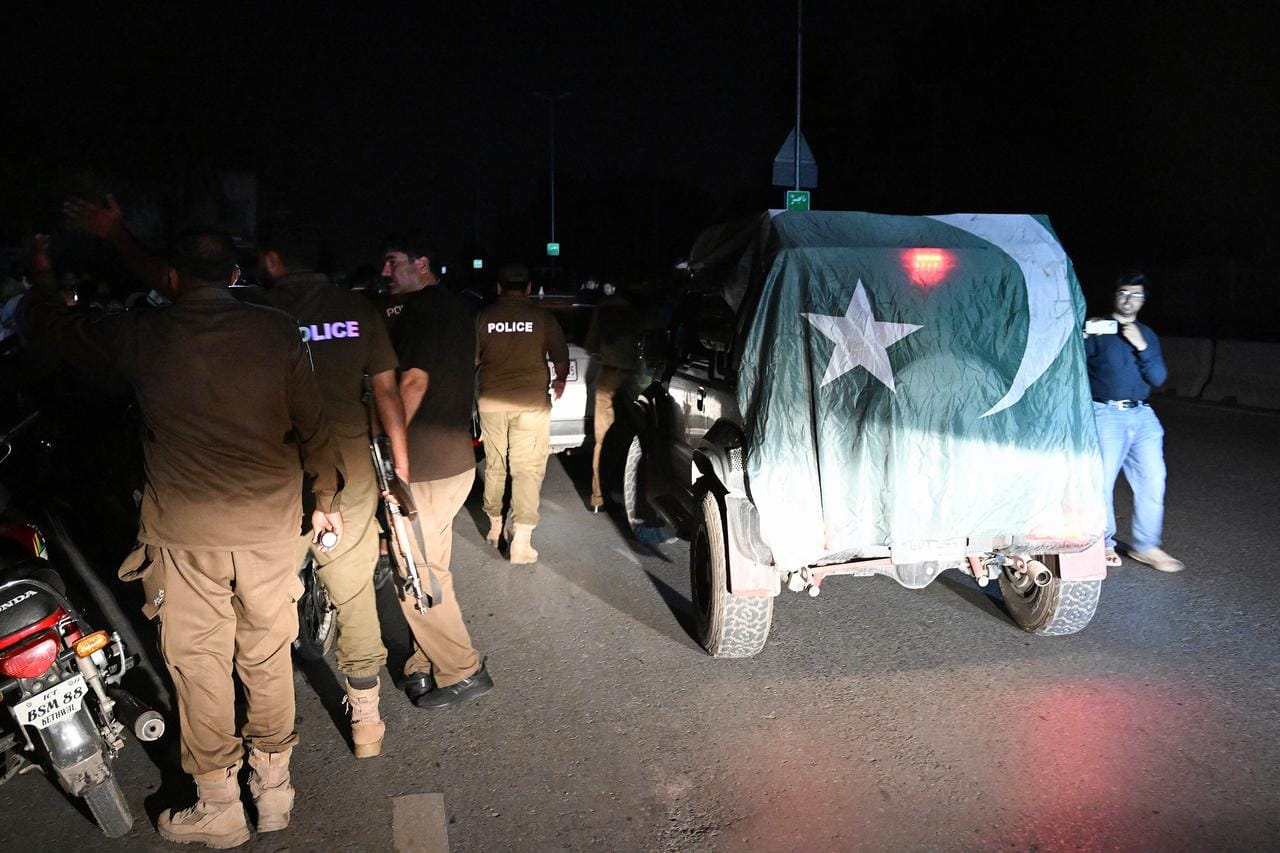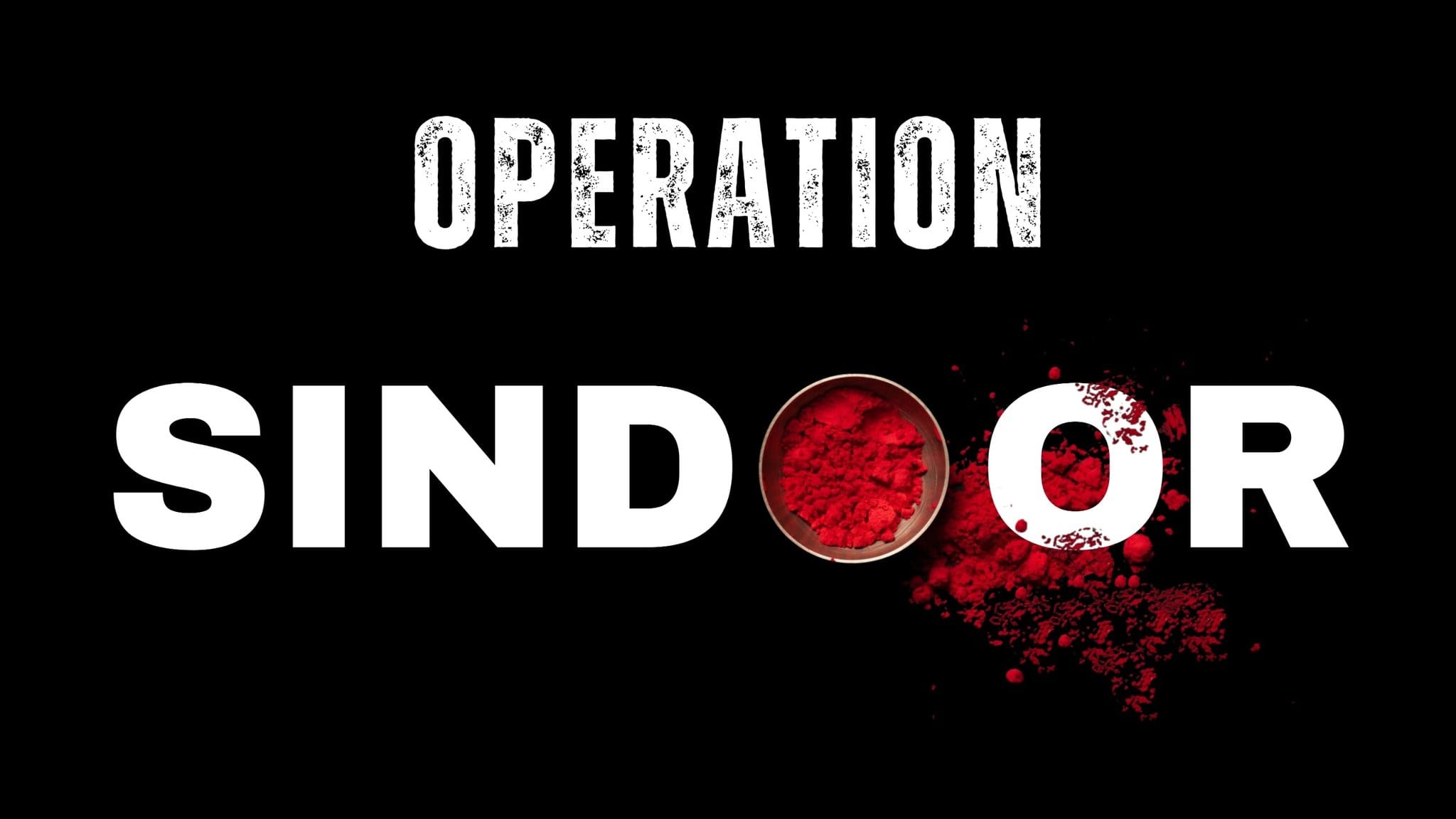As we moved into 2026, the world is no longer merely “watching” conflicts – it is living with them. Civil war in Sudan has deepened into a regional humanitarian catastrophe, Ukraine remains locked in a war of attrition with global consequences, India-Pakistan tensions continue to cast a long shadow over South Asia and multiple theatres across Central Africa are sliding into protracted violence. This special newsletter revisits the evolving conflict landscape and examine what these wars reveal about power, governance and the fragility of the current global order and why their trajectories in 2026 matter far beyond their immediate borders.
Tag: Pakistan
Has a New Afghan War Begun?
The fragile peace along the Pakistan-Afghanistan frontier has once again collapsed. Destructive cross-frontier shelling in the last week has killed several dozen persons, shelled civilians’ enclaves, and closed border crossing points. What once appeared to most a smouldering controversy regarding militant safe havens has ballooned into military strikes that risk destabilising a troubled region. The controversy is over long-disputed territory: the Durand Line. Pakistan has blamed Afghanistan again under Taliban rule for hosting Tehreek-e-Taliban Pakistan (TTP) militants that stage attacks inside Pakistan.
Modi vs Indira Gandhi: Leadership Styles That Shaped Two Eras of Indian Politics
On July 25, 2025, Narendra Modi surpassed Indira Gandhi’s tenure as India’s prime minister. He became the second-longest-serving PM after Jawaharlal Nehru. This has opened the debate of Modi vs Indira, who did better leadership within their respective tenures. While Indira Gandhi served 4077 consecutive days from 1966 to 1977, Narendra Modi has surpassed it. Both the leaders have been influential in their own right, impacting the country’s politics, strategy, economy, foreign affairs and nationalism.
Operation Mahadev: Strategic Closure to the Pahalgam Terror Strike
Operation Mahadev stands out not only as a military victory but as a new perspective on evolving national security practices. This operation aimed to neutralize the attackers of the April 22, 2025, Pahalgam massacre, which resulted in the deaths of 26 civilians. On July 28, 2025, Indian security forces conducted a joint operation in the Dachigam forests near Srinagar. It provided immediate retaliation and a data-driven closure, supported by continued intelligence, forensic verification, and international diplomatic efforts.
Post-Pahalgam: Rethinking the Indus Waters Treaty amid Climate Pressures
Pahalgam attack in Kashmir has once again brought the India-Pakistan relationship into sharp focus. In the aftermath of such violent incidents, there is often a renewed scrutiny of the strategic levers both states hold over each other. One such lever—frequently invoked in times of heightened tensions—is the Indus Waters Treaty (IWT) of 1960. Signed with World Bank mediation, the IWT is widely regarded as one of the most successful water-sharing agreements in history. Despite multiple wars and skirmishes, the treaty has endured. But with accelerating climate stress, dwindling water resources, and shifting geopolitical dynamics, its resilience is being tested like never before.
What Lies Ahead for CPoKEC and Pakistan’s Islamic Alliances
Pahalgam terror incident of April 2025, an attack targeting civilians in Jammu and Kashmir has provoked not only diplomatic ripples but also a strategic recalibration of how Pakistan is perceived by its principal allies and benefactors. As attribution patterns increasingly implicate Pakistan-based non-state actors, questions arise about the resilience of two critical pillars of Islamabad’s external orientation: China’s economic investments via the CPoKEC, and Pakistan’s long-standing religious-political solidarity with the Muslim world.
India’s post-Pahalgam Doctrine in the Shadow of Institutional Deficit
April 2025 attack in Pahalgam, which resulted in the loss of civil-security personnel, did not provoke an immediate retaliatory strike from India. This deviation from past patterns, such as the Balakot airstrike of 2019, has puzzled many analysts. While public expectations leaned towards a swift kinetic response, India maintained a calibrated silence. This restraint does not imply strategic inertia but suggests an evolving doctrine shaped by regional complexities, global alignments, and domestic political calculus. India’s hesitance is not a retreat but a reflection of the growing understanding that militarised responses do not resolve established patterns of cross-border insurgency.
Pahalgam Massacre is Pakistan’s Islamist Tonic for its Domestic Audience
The brutal massacre of 25 Hindu tourists in Pahalgam, Kashmir by The Resistance Front (TRF), an offshoot of Lashkar-e-Taiba (LeT), backed by Pakistan has sent shock waves across the world. Many global leaders have condemned this barbaric attack and have pledged their solidarity against Terrorism. This was the deadliest attack in Kashmir after the abrogation of Article 370 in 2019. As per the eyewitnesses, the terrorists opened fire on the tourists, rounded them up and asked for their religion. The tourists were even asked to recite the ‘Kalma’ and their pants were unzipped to identify Muslims.
Pakistan’s Operation Bunyan-un-Marsoos: Flexing Muscles to Hide Weak Knees
The operation, named after a Quranic term meaning “a solid structure,” targeted key Indian military installations, including the BrahMos missile storage facility in Beas and airbases in Udhampur and Pathankot. During the 3rd Ministry of External Affairs (MEA) briefing headed by foreign secretary Vikram Misri Read along with Colonel Sofiya Qureshi of the Indian Army, Wing Commander Vyomika Singh of the Indian Air Force, refuted Pakistan’s claim of attacking BrahMos storage site in Jammu.
Operation Sindoor: Justice is Served by the Indian Army
The attack on (mostly Hindu) tourists triggered a nation wide call for swift military action and the same was promptly delivered by the Indian Armed Forces during early hours on 7th May 2025, codenamed Operation Sindoor. This article is a general briefing about the India’s swift military operation against Pakistan followed by ongoing retaliatory attacks and ending with aftermath along with remarks containing public and international reactions.
